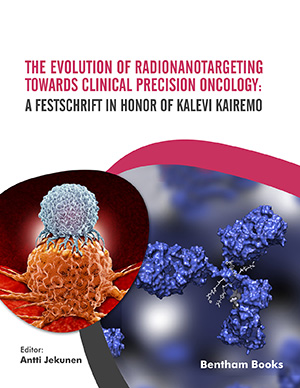Abstract
Spontaneous regression of tumors, meaning the disappearance of clinically
diagnosed tumors without treatment, is a relatively rare but well-established
phenomenon. Many explanatory theories have been proposed, but currently, the
strongest data support a role for microbial infection in inducing antitumor immunity,
which then eradicates the tumor. For at least 4600 years, physicians have been
attempting to take advantage of this phenomenon. Initially, bacteria or bacterial
products were used for infecting tumors or cancer patients. Then, about a hundred years
ago, the focus shifted to viruses. Initially, virulent wild-type (unmodified) viruses were
used, but these caused many side effects. In the late 20th century, the generation of
modified (recombinant) viruses became possible. Oncolytic viruses are replicationcompetent
only in tumors. Initial modifications of the respective wild-type viruses
focused on making them safer for clinical use, and the next step was increasing efficacy
by arming with transgenes. The field of immunotherapy evolved to take advantage of
immune cells directly in approaches such as dendritic cell therapy and adoptive T-cell
therapy. It was also discovered that many T-cells are inhibited by tumors, and that they
could be reactivated with checkpoint inhibitors. An unexpected finding relating to the
gut microbiome ties together microbes, diet and the immune system. Cancer
immunotherapy can already cure some patients, and rapid steps forward are expected to
continue. Learnings from attempts of recreation of spontaneous regression have
contributed to these developments in an important manner.
Keywords: Adenovirus, Adoptive Cell Therapy, Checkpoint Inhibitor, Gene Therapy, Immuno-oncology, Immunotherapy, Microbiome, Oncolytic Virus, Spontaneous Regression, Spontaneous Remission, Virotherapy.






















